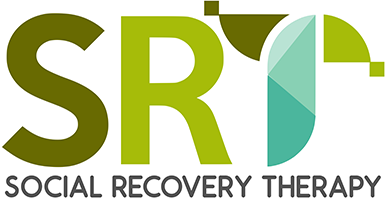Early detection and psychosocial intervention for young people who are at risk of developing long term socially disabling severe mental illness: Should we give equal priority to functional recovery and complex emotional dysfunction as to psychotic symptoms
David G. Fowler, Joanne Hodgekins, Katya Arena, Ruth Turner, Rebecca Lower, Karen Wheeler, Emma Corlett, Tony Reilly, and Jon Wilson
Abstract
There has been considerable progress in the development of early detection and intervention services for cases who may be at risk of developing psychotic disorder. This paper reviews the state of the progress so far, including discussion of the validity of cases selected using the PACE prodromal symptoms criteria, and the benefits of early detection and intervention services for At Risk Mental State cases. We argue that a useful step forward for future development may be to focus on a wider aim of preventing long term socially disabling severe mental illness. The focus of detection and intervention may then move toward young people presenting with complex functional, emotional and behavioural needs rather than solely focussing the presence of attenuated psychotic symptoms. The evidence suggests that many of these cases are at high risk of developing long term mental illness and social disability. Many will also have attenuated psychotic symptoms and are amongst those already identified as at highest risk of psychosis as well as social disability. This approach has advantages in that it is consistent with recent demands for services to address the needs of young people with complex needs who at present do not receive adequate services from either child and adolescent or adult psychiatric services. It is also consistent with understanding of the evolution of social disability in association with severe mental illness provided by cognitive models. The approach focuses resources toward those who are already presenting with highest needs and has few ethical issues. The type of interventions required to address the needs of this group are likely to be multi-systemic and involve combinations of cognitive therapy, assertive case management and vocational interventions. These may be easily adapted from those which have already been found to successfully improve social functioning in young people with frank psychotic disorder.
